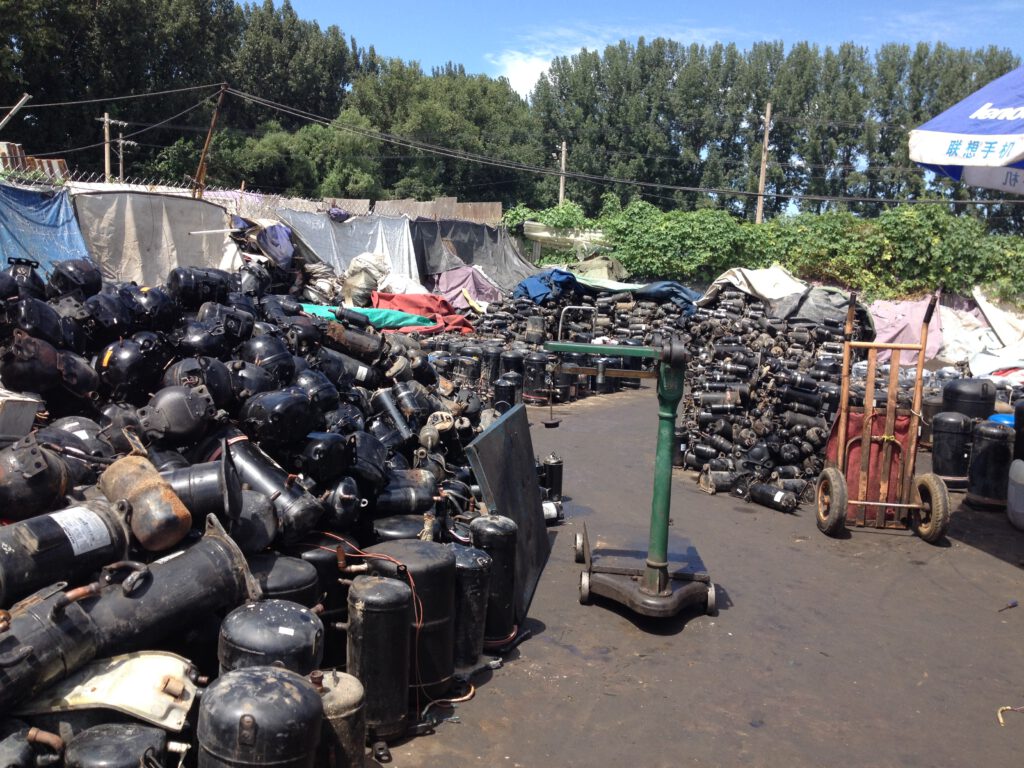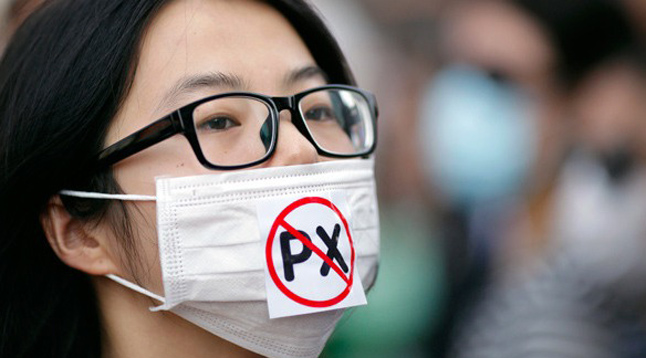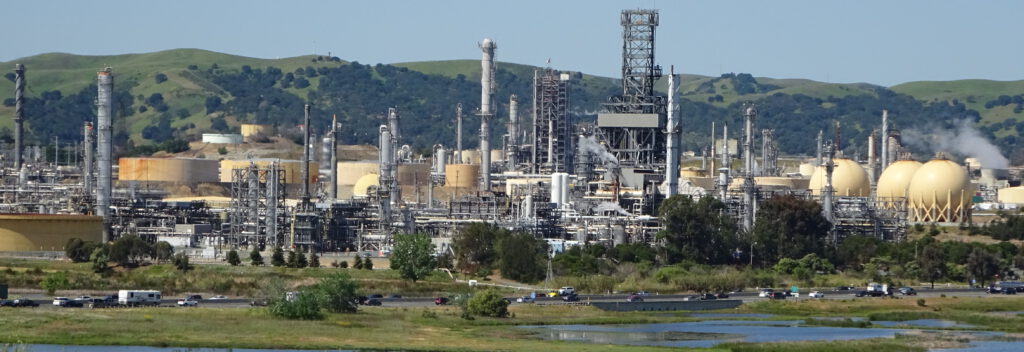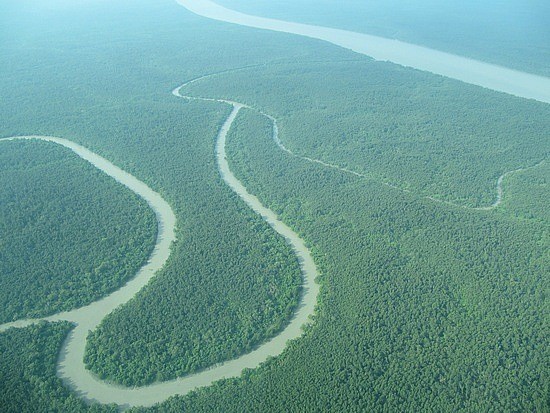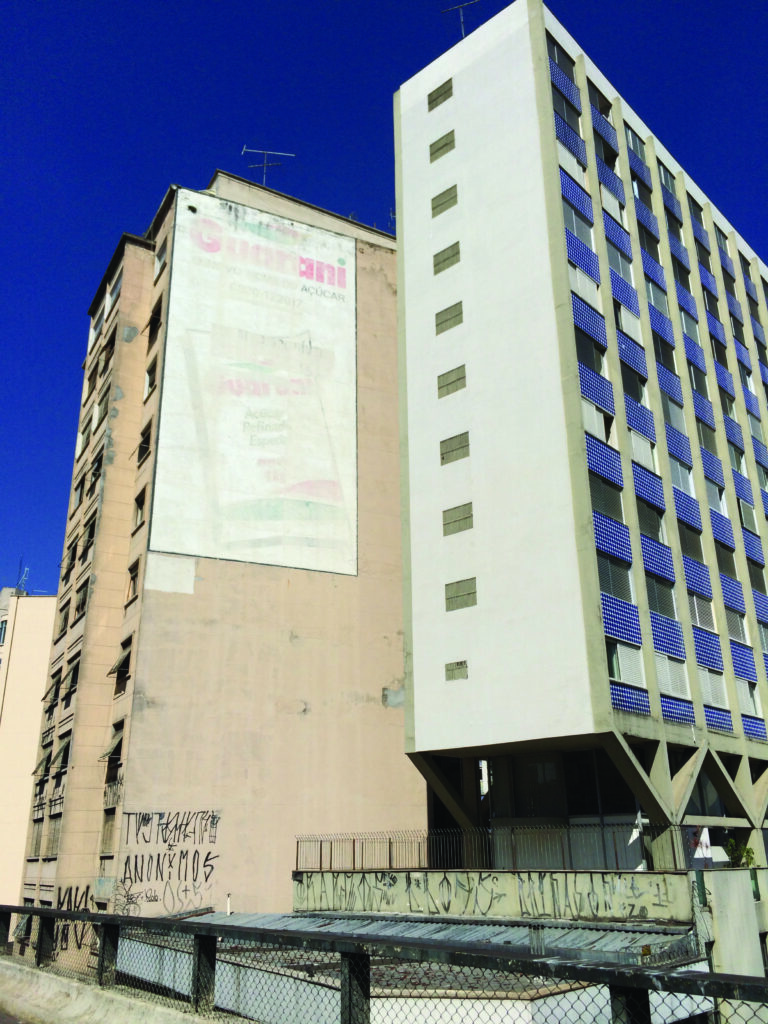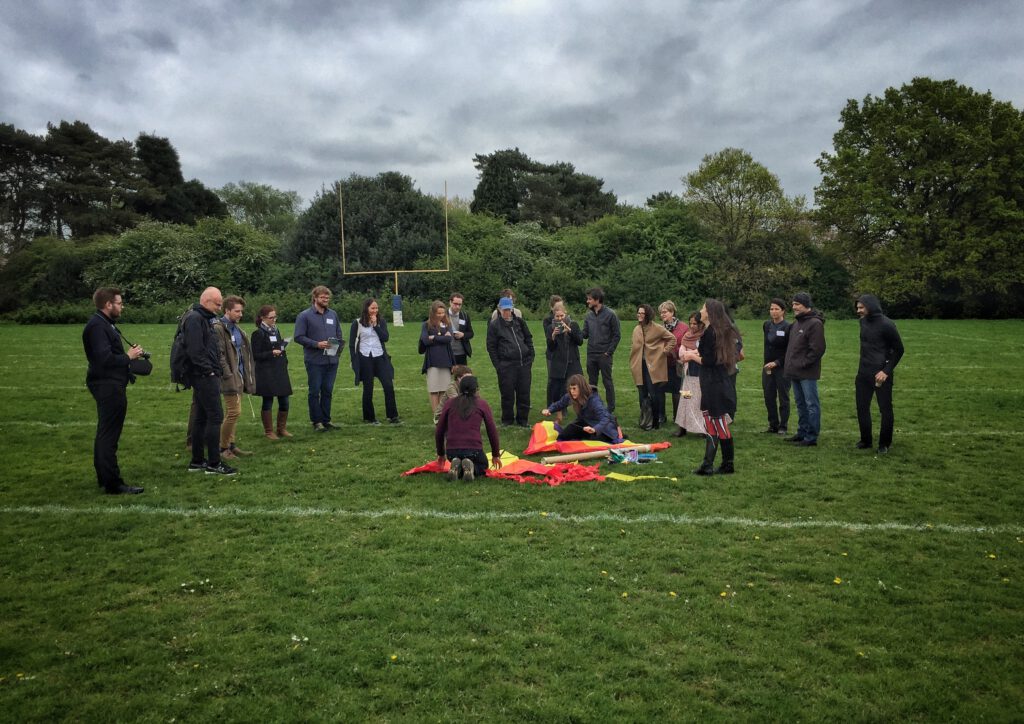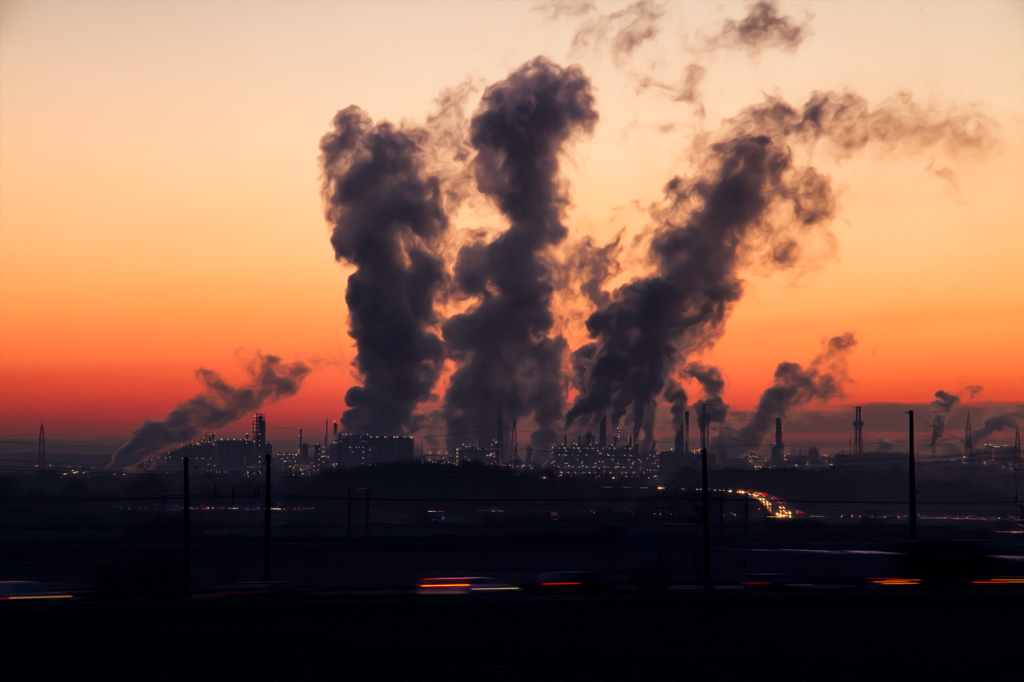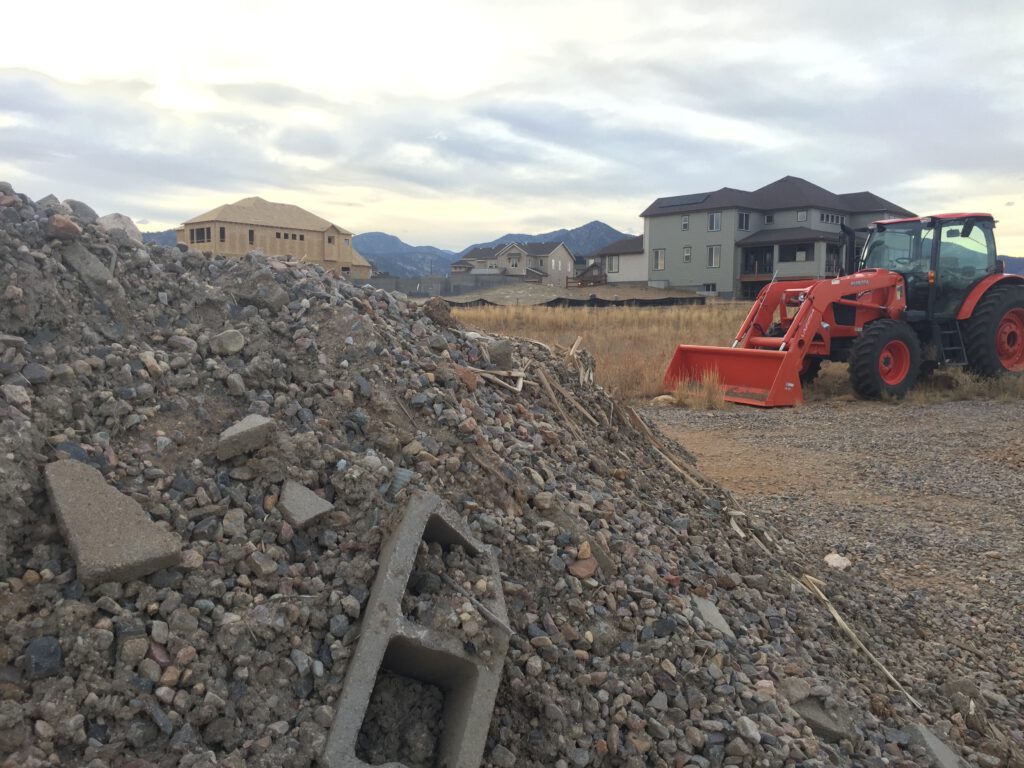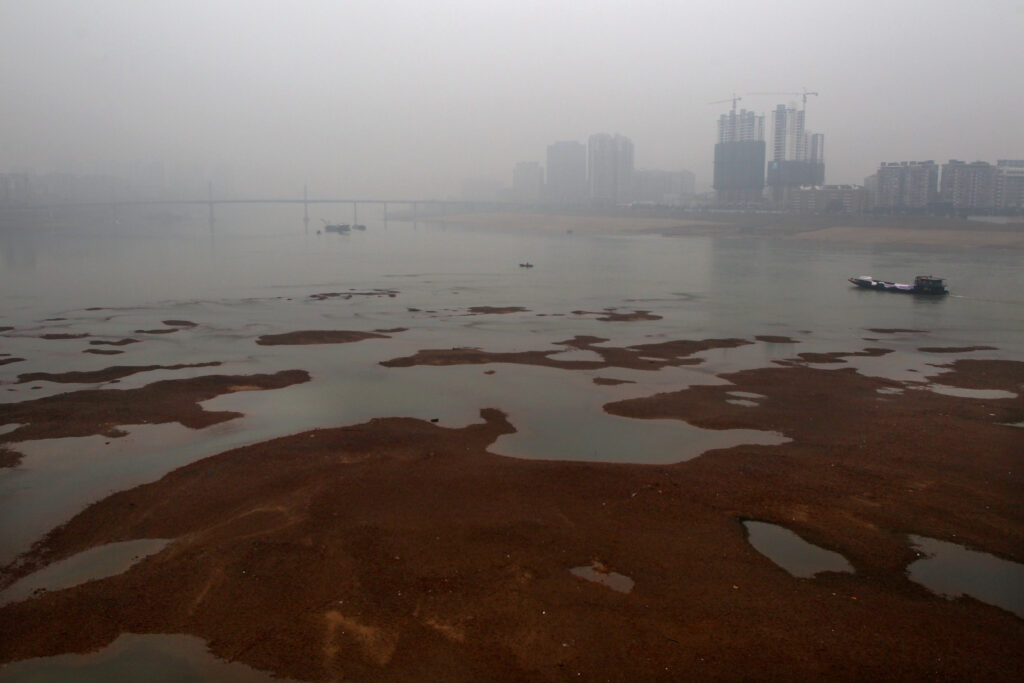China’s E-waste: Formal, Informal or the Co-exist of Both?
Liwen Chen, Graduate Student, Geography Department, Memorial University As China produces and consumes more and more electrical and electronic equipment, e-waste generation also takes off. Following the old-for-new scheme practiced between 2009 and 2011, China issued its own Waste Electrical and Electronic Equipment Directive in 2012 intended to meet the rising e-waste generation situation. This […]
